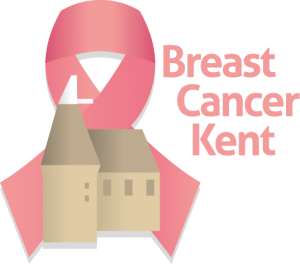Breast Cancer - The Facts
In the UK, approximately 1 in 8/9 women will be diagnosed with breast cancer in their lifetime. Breast cancer is more common in older women and a significant family history is the strongest individual risk factor for the development of breast cancer.
In the UK, approximately 1 in 8/9 women will be diagnosed with breast cancer in their lifetime. Breast cancer is more common in older women and a significant family history is the strongest individual risk factor for the development of breast cancer.
The most common symptom of breast cancer is a new breast lump. Other symptoms include breast distortion and spontaneous bloody nipple discharge but breast pain is an unusual symptom of breast cancer. Signs of cancerous cells may also be seen on screening mammograms.
Breast cancer can be either diagnosed at a pre-invasive stage called ductal carcinoma in situ (DCIS) or as a malignant tumour. The most common types of breast cancer in the UK are invasive ductal carcinoma and invasive lobular carcinoma. The majority of ductal and lobular cancer cells are dependant upon the female hormone oestrogen, which encourages them to grow and divide. A small proportion of breast cancers over express the receptor Her-2 which when activated also sends a strong growth signal to the cancer cell.
At the time of diagnosis, many breast cancers are confined to the breast itself. However, breast cancer can spread and tumour cells may move into lymph nodes in the armpit (axilla). It is important to know if the cancer has spread to the lymph nodes because the information will help to plan the most appropriate treatment. In most patients with a new diagnosis of breast cancer, it is unusual to find that the cancerous cells have spread to other parts of the body such as the lungs, liver and bones.
